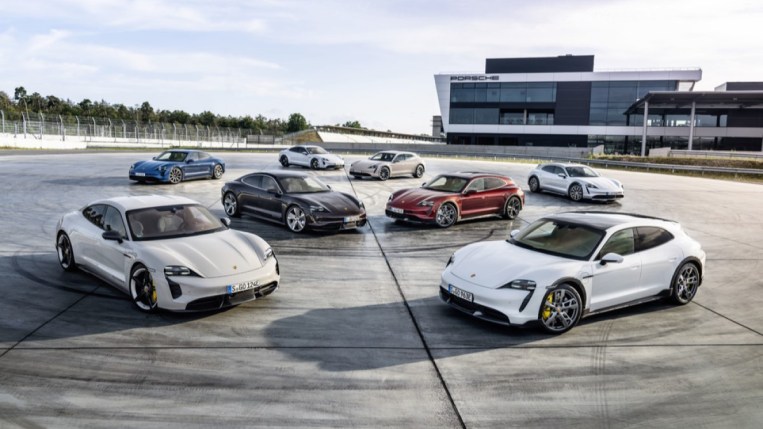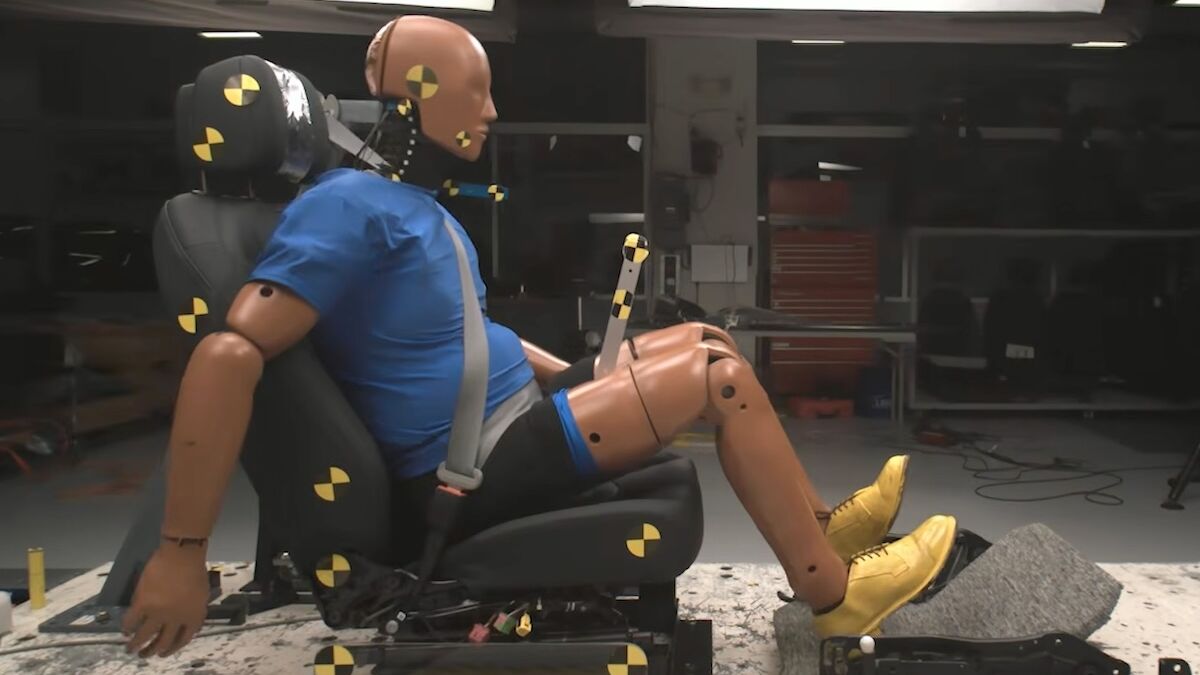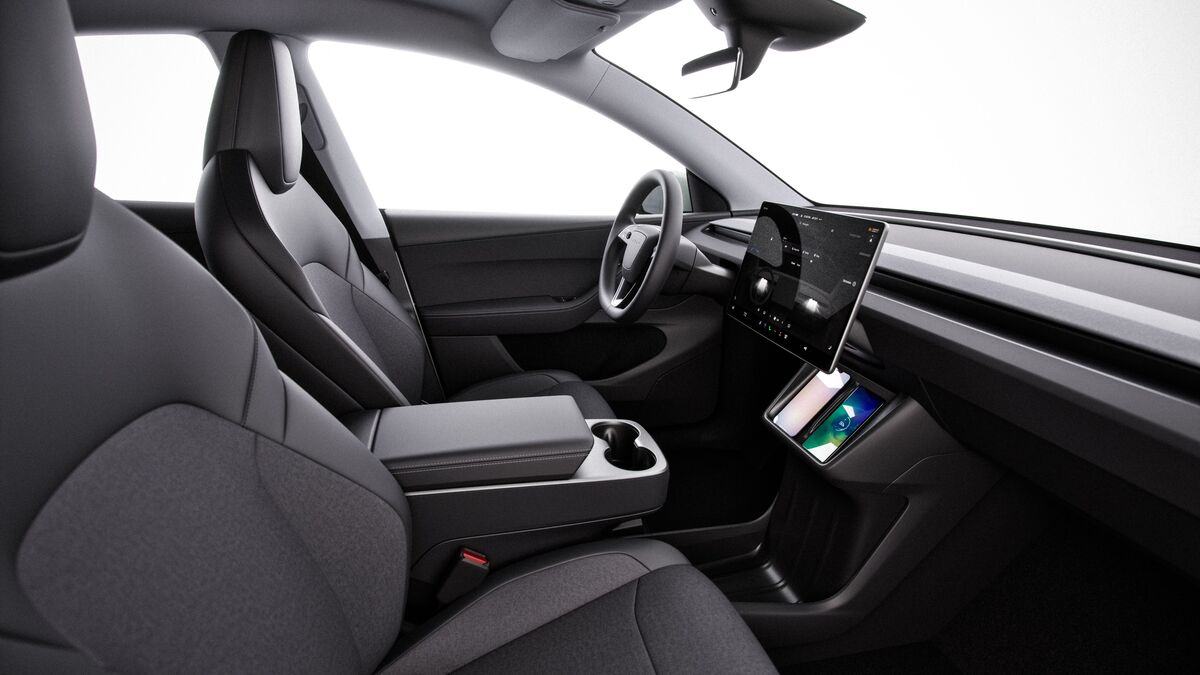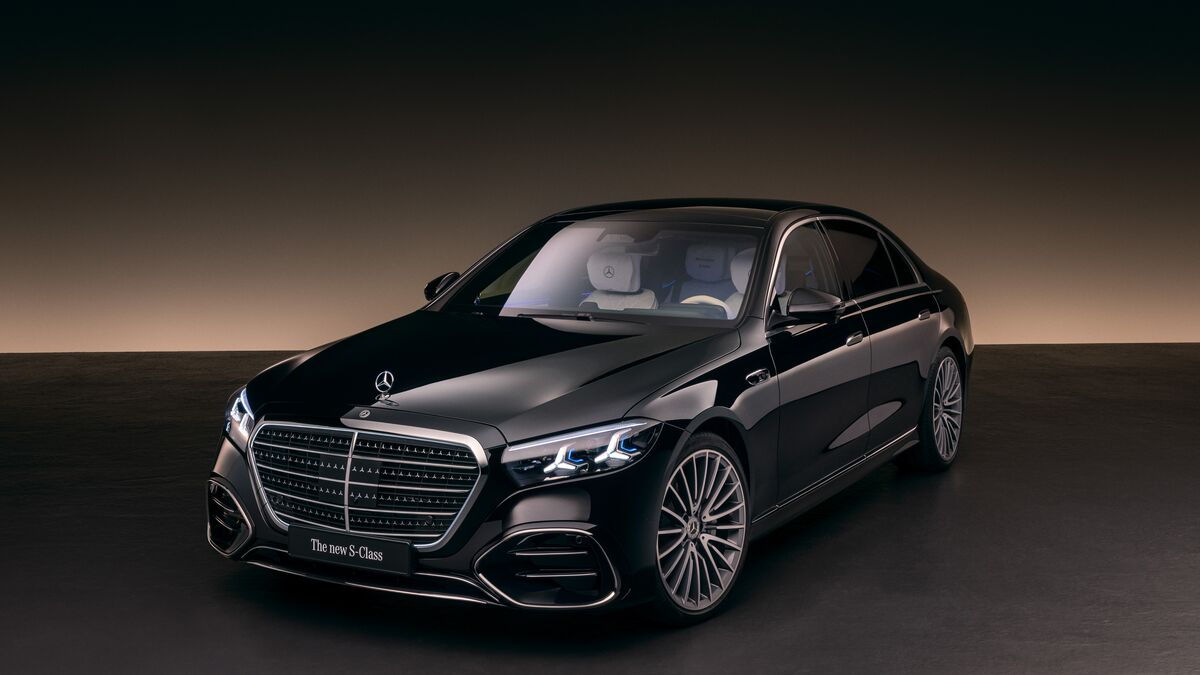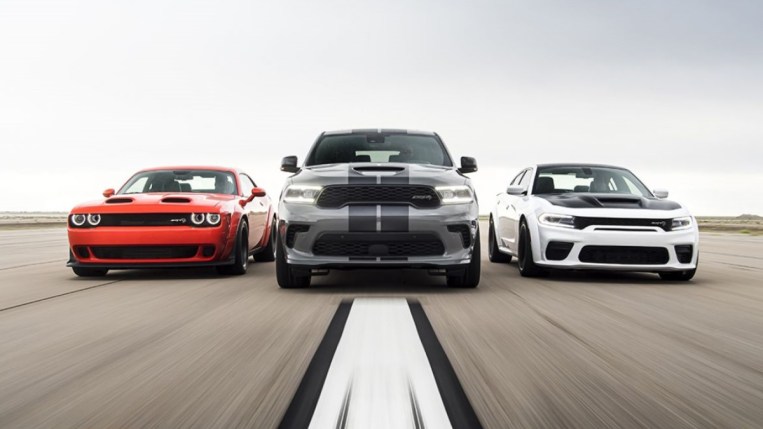
A Study of Gut Feelings
A new car purchase is a rational choice affecting your budget and meeting daily needs. But it’s also an emotional choice.
We’re confident that you haven’t named many of your kitchen appliances. But we’re much less confident predicting that you haven’t named the car. We just hope you nailed the pun.
With that in mind, the analysts at J.D. Power conduct a series of studies. The most famous may be the initial quality study, which is aimed at the rational side of your brain. It recently advised you to purchase a Buick.
Slightly less well-known is J.D. Power’s study of our emotional reactions to the cars we buy. The one that asks if you make vroom noises when you look at your new car.
Okay, that’s not actually a question in Power’s APEAL study. But one question does ask how your new car makes you feel as you walk toward it. So… close enough.
The APEAL Automotive Performance, Execution, and Layout study asks people who’ve bought a new car in the last 90 days to evaluate more than 40 attributes in 10 different “experience groups,” which include experiences like looking at the car, using its infotainment system, and refueling it.
A Pair of Three-Peats
Among mainstream car brands, the study found Dodge runs away with the cool trophy. Honda, ever the rational choice, brings up the rear.
Among luxury brands, it’s Porsche that wins the most devoted hearts. Audi gets the Honda trophy as the least appealing luxury brand, though that doesn’t sound so bad. Audi’s score would still put it near the top of the pack of mass-market brands.
Overall, the study found that new car owners were ever so slightly less impressed with their new rides this year than last. The average score declined by one point on a 1,000-point scale. It’s only the fifth time average satisfaction has declined in the 27 years J.D. Power has conducted the survey. The biggest reason for the decline is unsurprising and probably tied to gas prices.
Owners of new gas-powered cars were slightly less impressed with fuel economy this year than last year. They were still more satisfied than owners of electric cars were with their new cars’ range. But it’s hard not to want better fuel economy when the pump reads what it reads this summer.
The buyer satisfaction gap between luxury cars and mass-market cars is growing. Last year, the average luxury car scored 19 points higher than the average mass-market car. This year, that same gap was 31 points, as premium brands improved their scores by an average of 8 points and mainstream brands fell by 4.
J.D. Power APEAL Ratings for Mass-Market Car Brands:
| Brand | Score (1,000-Point Scale) |
| Dodge | 882 |
| Ram | 863 |
| GMC | 856 |
| Chevrolet | 851 |
| Kia | 849 |
| MINI | 848 |
| Hyundai | 846 |
| Ford | 845 |
| Jeep | 845 |
| Nissan | 845 |
| Buick | 843 |
| Segment Average | 841 |
| Mitsubishi | 840 |
| Mazda | 839 |
| Volkswagen | 839 |
| Subaru | 833 |
| Toyota | 831 |
| Chrysler | 829 |
| Honda | 824 |
J.D. Power APEAL Ratings for Luxury Car Brands:
| Brand | Score |
| Porsche | 888 |
| Genesis | 886 |
| Cadillac | 885 |
| Mercedes-Benz | 876 |
| BMW | 875 |
| Segment Average | 872 |
| Land Rover | 871 |
| Lincoln | 870 |
| Alfa Romeo | 868 |
| Jaguar | 868 |
| Infiniti | 866 |
| Lexus | 863 |
| Volvo | 852 |
| Acura | 851 |
| Audi | 847 |
| *Tesla | 887 |
| *Polestar | 871 |
*Tesla and Polestar choose not to participate. J.D. Power publishes a figure based on incomplete data that estimates where they might have finished if they did.
